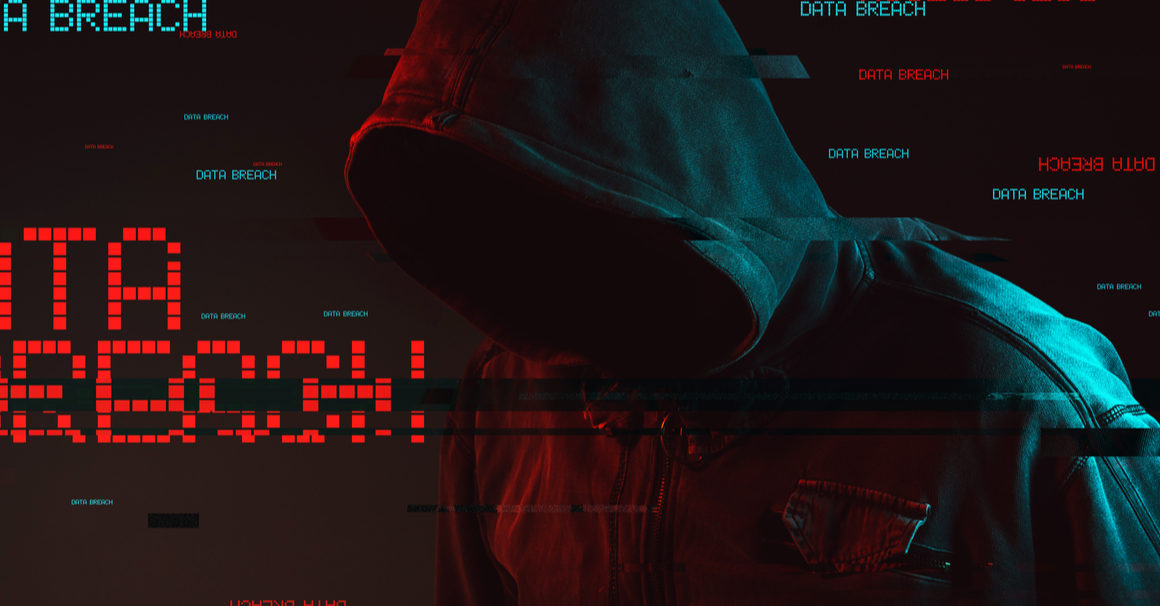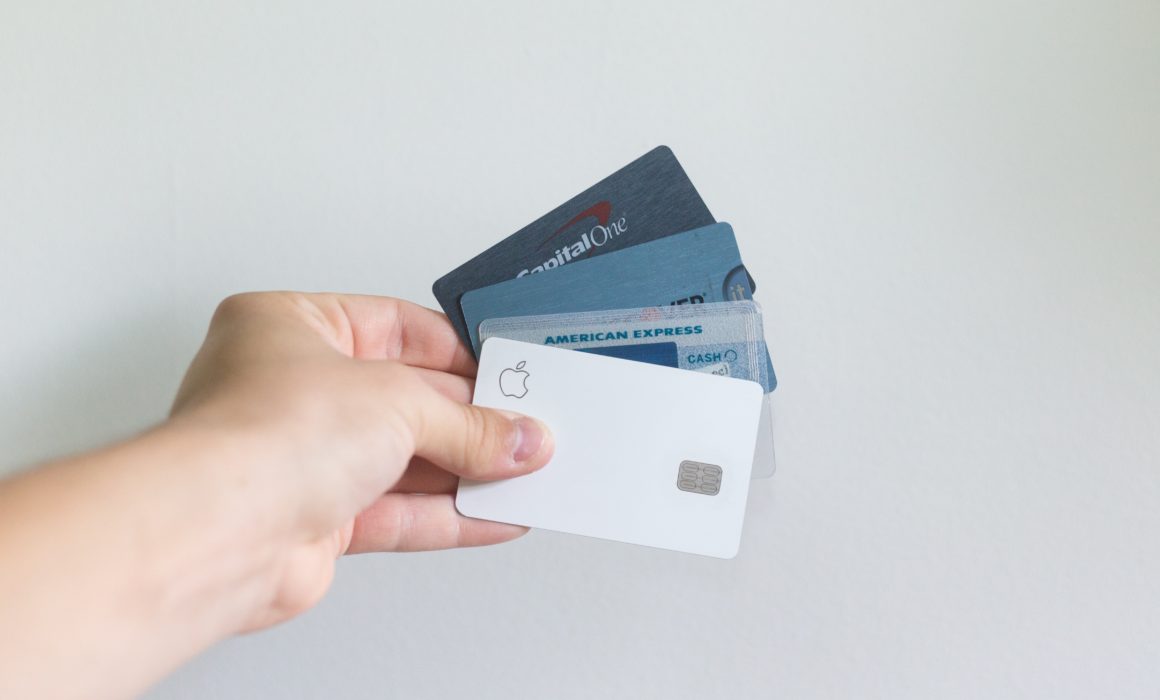Building and maintaining a healthy credit score is crucial for financial well-being. One effective tool to help individuals establish or improve their credit is the Credit Builder Certificate of Deposit (CD). In this blog post, we’ll delve into the mechanics of Credit Builder CDs, exploring how they work and why they can be a valuable asset on the journey to financial stability.
- What is a Credit Builder CD?
- A Credit Builder CD is a unique financial product offered by many banks and credit unions.
- It serves as a secured loan where the individual deposits a specific amount of money, typically ranging from $300 to $3,000, into a CD account.
- Secured Savings:
- The deposited amount acts as collateral, securing the CD.
- Unlike traditional CDs, the funds are not accessible until the maturity date, usually 6 to 24 months.
- Building Credit Responsibly:
- The primary purpose of a Credit Builder CD is to establish or rebuild credit.
- As the individual makes regular, on-time payments, the positive payment history is reported to the credit bureaus, contributing to a better credit score.
- Loan Repayment Structure:
- The CD term corresponds to the repayment period, during which the individual makes fixed monthly payments.
- These payments are reported to the credit bureaus, showcasing responsible financial behavior.
- Interest Accumulation:
- While the primary goal is credit building, individuals may also earn interest on the deposited amount.
- The interest rates for Credit Builder CDs are generally lower than regular savings accounts or traditional CDs.
- Maturity and Graduation:
- Upon reaching the maturity date, the individual gains access to the funds along with the accumulated interest.
- Successful completion of the Credit Builder CD program reflects positively on the credit report, potentially opening doors to better financial opportunities.
- Risk Mitigation:
- Since the CD is secured by the deposited amount, there’s minimal risk for the financial institution.
- Even if the individual defaults on payments, the bank or credit union can use the deposited funds to cover the outstanding balance.
- Choosing the Right Credit Builder CD:
- Researching and comparing offerings from different financial institutions is crucial.
- Factors to consider include interest rates, fees, and the reporting frequency to credit bureaus.
- Monitoring Credit Progress:
- Regularly checking credit reports allows individuals to track their progress and identify areas for improvement.
- Positive changes in credit score may open doors to better loan terms, lower interest rates, and improved financial opportunities.
- Conclusion:
- Credit Builder CDs serve as a structured and secure way for individuals to build or rebuild credit.
- By making timely payments and managing their finances responsibly, individuals can not only boost their credit scores but also develop healthy financial habits for the future.
In conclusion, Credit Builder CDs offer a strategic approach to credit building by combining the principles of secured savings with responsible financial behavior. As individuals navigate the journey to financial stability, these specialized CDs can be a valuable tool in establishing a solid credit foundation.




Recent Comments